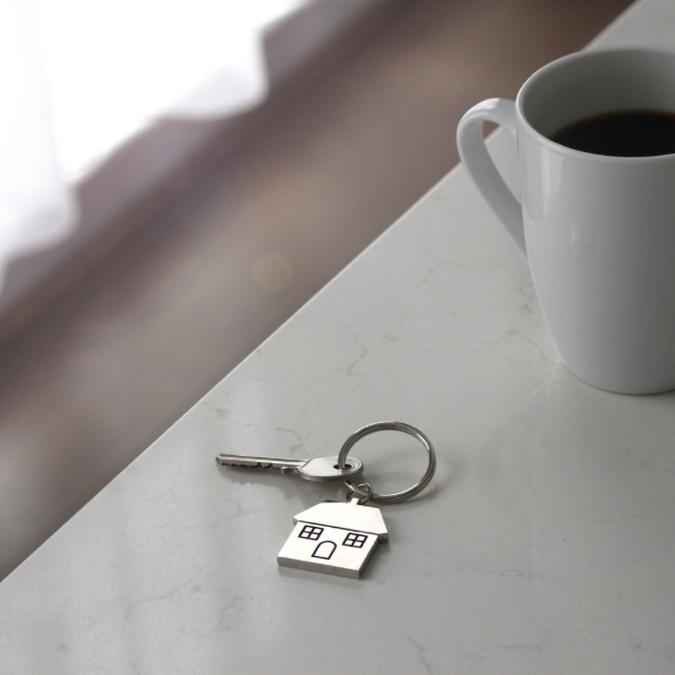When it comes to the convenience and simplicity of managing your security, the idea of using a single key for all your locks is undoubtedly appealing. While this is generally possible, there are a few nuances and exceptions to consider before deciding to key all your locks alike.
In most cases, using the same key for all your locks is a practical and efficient solution. However, there are instances where this approach might not be feasible. One of the primary considerations is the type of locks you have installed. If your property features different types of locks, such as deadbolts and knob, it’s likely that each type will require a unique key. The mechanisms and keyways of these locks can differ, necessitating specialized keys.
Moreover, if you have specialty locks designed for safes, cabinets, or other specific purposes, it’s advisable to use a separate key for these. These often have unique configurations and added security features that require a dedicated key for access.
Another factor to keep in mind is the manufacturer of your locks. Even if you have multiple locks of the same type, if they are from different manufacturers, there’s a chance they will have distinct keyways and, consequently, require different keys.
Despite these exceptions, the good news is that, in general, you should be able to use the same key for all your locks. It’s important, however, to assess the variety of locks in use and make informed decisions based on their types, purposes, and manufacturers.
In conclusion, while the idea of a master key is enticing, practical considerations may require a more nuanced approach. Understanding the types and purposes of your locks, as well as their manufacturers, will empower you to make informed choices about keying all your locks together for a seamless and secure solution.

